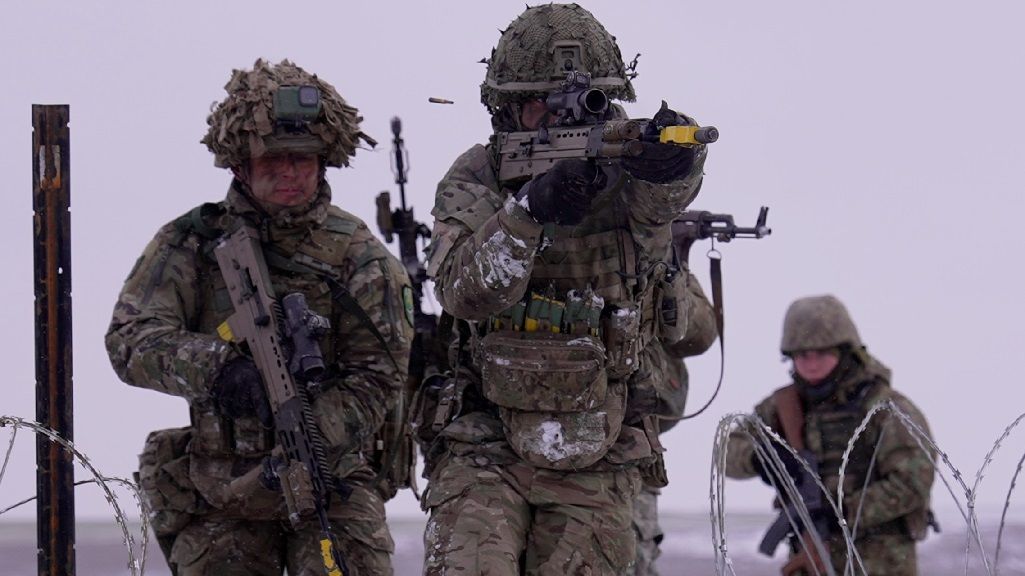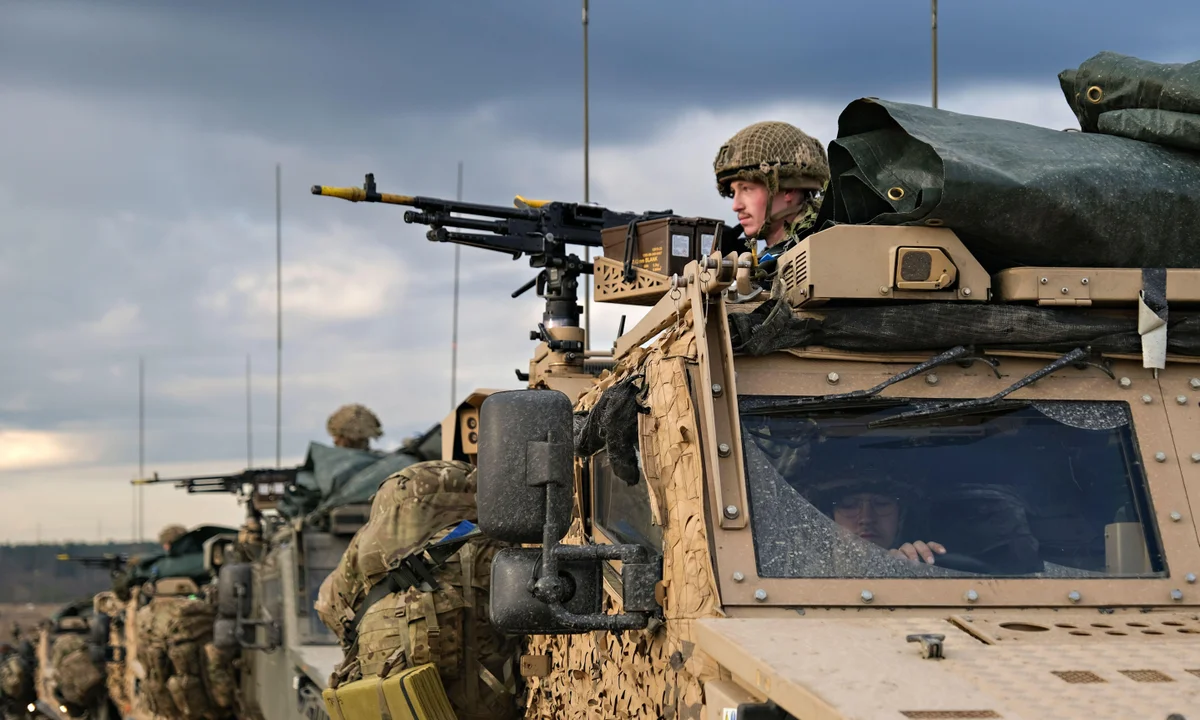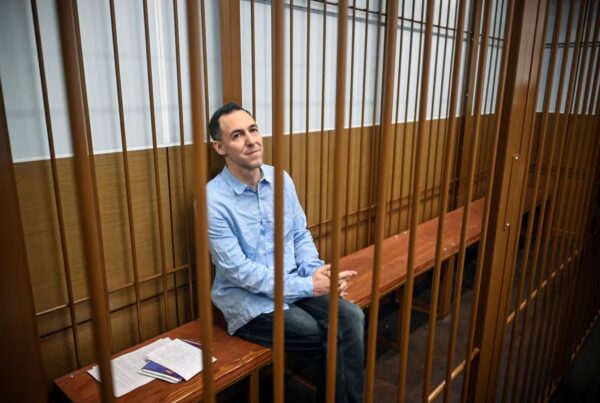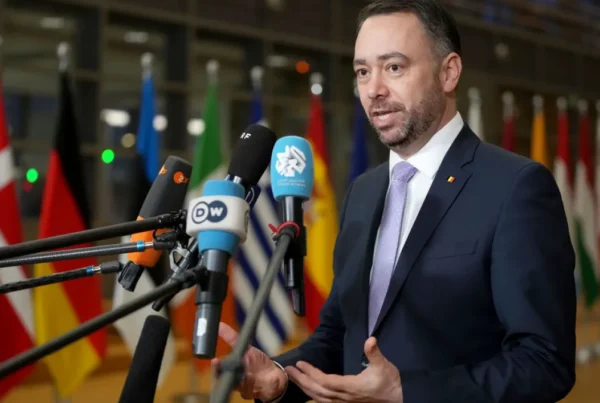The United Kingdom has confirmed its readiness to send military troops to Ukraine immediately after a ceasefire is reached. Defence Secretary John Healey announced the move as part of the “Coalition of the Willing,” jointly led by the UK and France. The coalition aims to strengthen Ukraine’s security, secure strategic areas, and help rebuild the country’s military capabilities after the conflict.
The announcement comes amid ongoing international diplomatic efforts to end a war that has lasted for more than two years. Healey stressed that the deployment would only take place with Ukraine’s consent and after a legitimate ceasefire agreement is signed. More than 200 military planners from 30 countries have already begun drawing up contingency plans for this scenario.
Coalition Framework and Operational Mandate
The Coalition of the Willing was formed as a rapid-response initiative to provide credible security guarantees during the post-war transition. Unlike NATO or UN missions, this coalition is voluntary, with each participating country deciding its level of involvement. According to official statements, the mandate is for a “reassurance force” — focused on stabilization rather than offensive operations.
The right to self-defence is a key part of the rules of engagement. Troops will be equipped to respond to potential provocations or attacks, but the primary objective remains maintaining the ceasefire and supporting reconstruction efforts.
Core Tasks of the Force
The operational plan focuses on three main priorities. First, securing airspace and maritime areas, including surveillance of borders prone to violations. Second, protecting humanitarian corridors and critical infrastructure such as power plants and energy routes. Third, fully supporting Ukraine’s military reconstruction through advanced training, logistics, and the restoration of command systems.
The deployed force is likely to include air defence units, multinational military police, engineering teams for explosive ordnance disposal, as well as medical and logistics elements. The command structure will be based at a joint UK–France headquarters to ensure effective cross-country coordination.

Diplomatic and Security Implications
The UK and France’s move is seen as a firm signal to any parties considering breaking the ceasefire. The presence of international troops in Ukraine is expected to deter further escalation and provide space for political processes to work toward a lasting peace.
However, there are significant challenges ahead. Without a legal framework under NATO or the UN, agreements among participating nations are crucial. Differences in commitment levels could affect operational effectiveness, and any incident in the field could influence public support in troop-contributing countries.
International Support and Ukraine’s Response
Several European nations have expressed support in principle for the troop deployment, though not all have given firm commitments on personnel numbers or resources. Ukraine has welcomed the initiative, viewing it as a critical step in ensuring post-war stability.
The coalition also opens opportunities for broader cooperation with other international partners, including the United States and European states not yet part of the group. While not a NATO mission, coordination with the alliance is still expected, especially in intelligence sharing and logistical support.
With this readiness, the UK and France send a clear message that their support for Ukraine goes beyond supplying weapons or humanitarian aid. The physical presence of international troops in the post-war landscape stands as a tangible commitment to maintain peace, provide security for civilians, and build a military foundation capable of safeguarding Ukraine’s sovereignty in the future.




